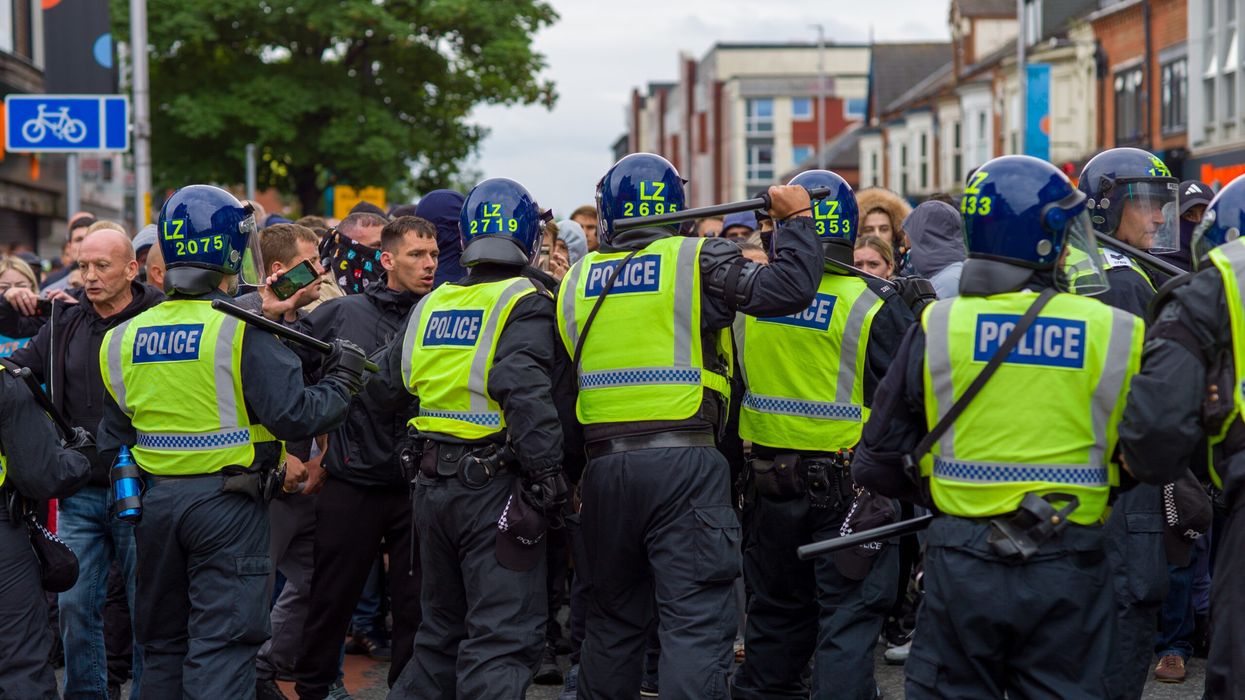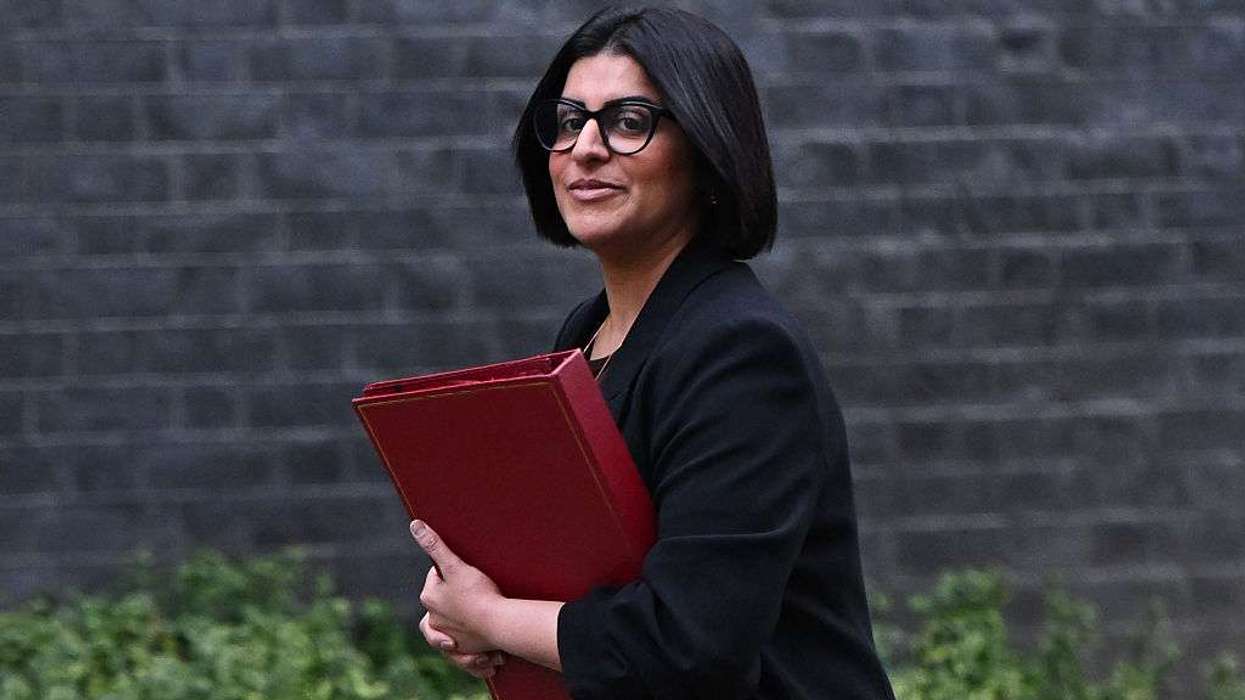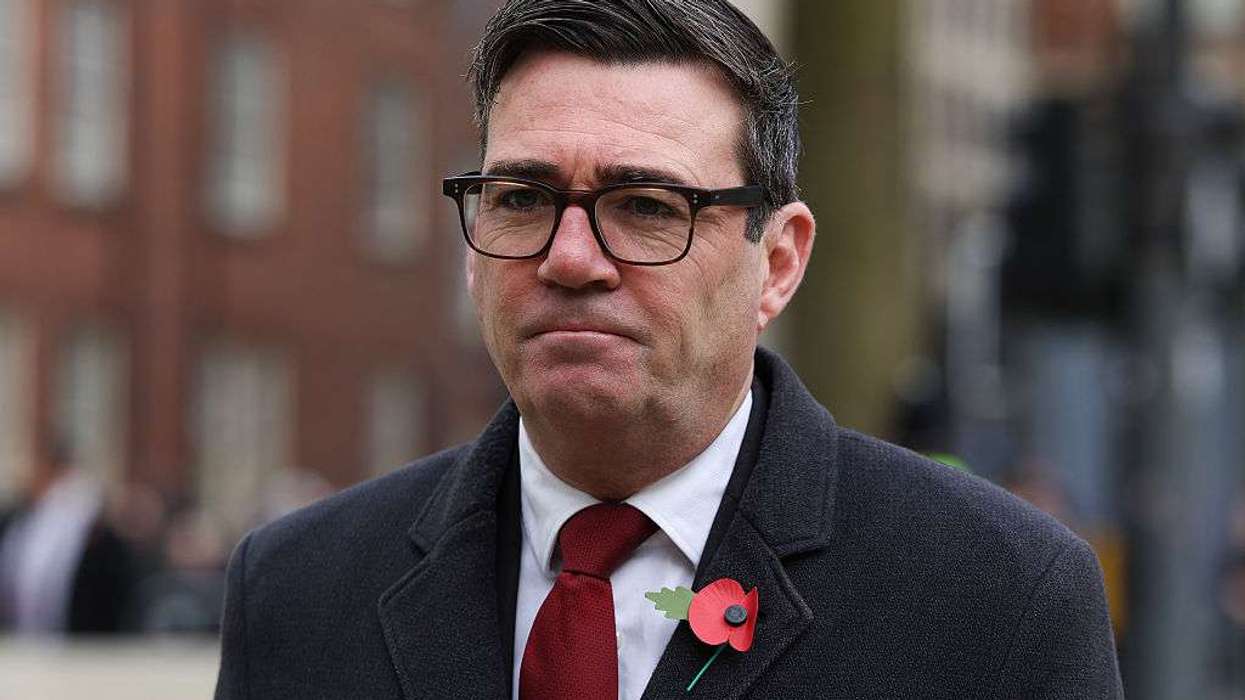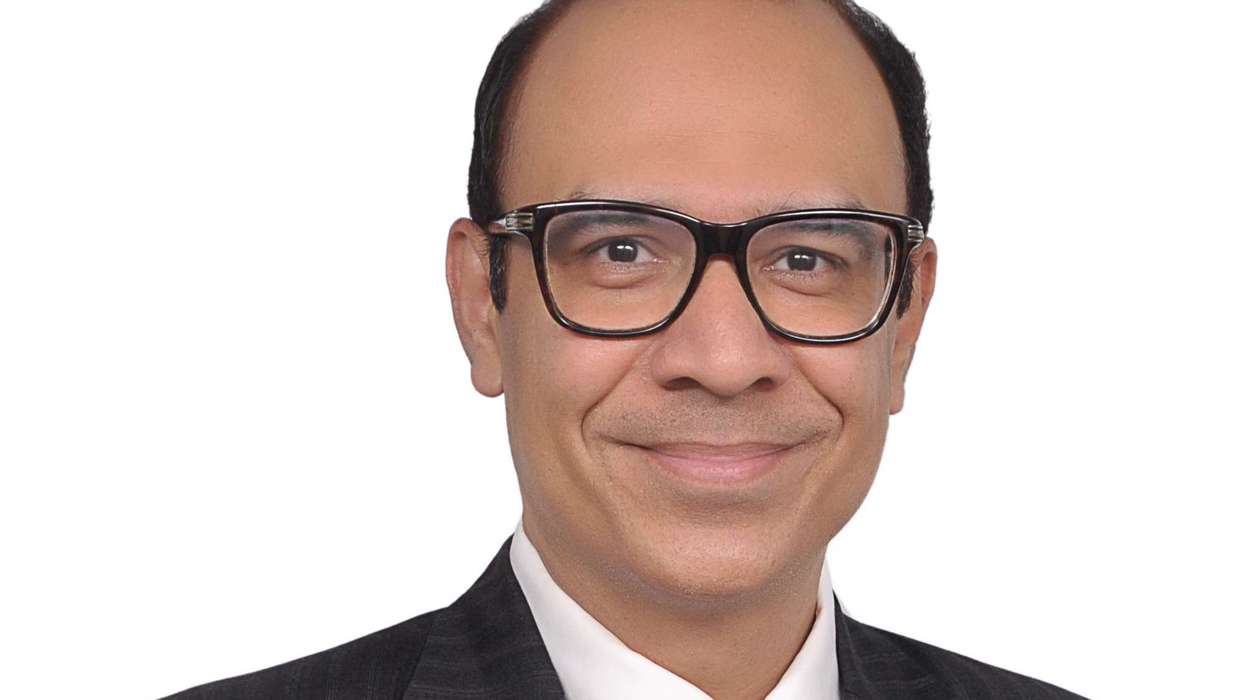COMMUNITIES remain at risk of fresh unrest unless urgent action is taken to address deep-seated social tensions, a new report, published one year after last summer's riots, has cautioned.
Titled 'The State of Us' by British Future thinktank and the Belong Network, the report published on Tuesday (15) said successive governments have failed to take action and warned that a "powder keg" of unresolved grievances could easily ignite again without immediate intervention.
Immigration and asylum remain contentious issues, as per the report.
Three in ten respondents selected "divisions between people who have migrated to the UK, arrived as refugees or sought asylum, and people born in the UK" as the top issue affecting how people from different backgrounds get on locally.
There are widespread worries about the cost-of-living, declining public services, and inequality - leading to frustration about the potential for political change, the survey found.
The survey is a foundational input to the new Independent Commission on Community and Cohesion, chaired by Sir Sajid Javid and Jon Cruddas, which held its inaugural meeting of Commissioners last month.
In a foreword to the report, Sir Sajid and Cruddas wrote: “The bonds that hold society together – civic participation and a shared sense of belonging – are under growing pressure. This is leaving our society more fragmented, fragile and less resilient to internal and external threats. At the same time, forces driving division are intensifying, political polarisation is deepening and trust in institutions is declining.”
“Only through coordinated leadership and collaboration across sectors can we build resilience and connection on a national scale – but it will take boldness, bravery, and a willingness to step outside our comfort zones.”
Led by senior researcher Jake Puddle and co-authored by Jill Rutter and Heather Rolfe, the latest study gathered evidence from 177 UK organisations working on social cohesion through regional roundtables and 113 written submissions. They also conducted a nationally representative survey by Focaldata and held eight focus groups in towns and cities across the UK, including areas that experienced riots.
“Social media emerged as a significant threat to community cohesion. People's engagement with society is increasingly shaped through online platforms, creating an environment where misinformation can direct grievances toward minority groups. Online hate and clickbait headlines perpetuate anxiety through a sense of ‘permanent crisis’,” it noted.
“Trust in politicians has reached very low levels, with the public viewing them as self-interested and disconnected from their concerns. Across the UK, people report feeling less aligned to mainstream political parties and sceptical about their ability to deliver change.”
According to the study, three in ten adults - around 15 million people - said they rarely or never have opportunities to meet people from different backgrounds. A similar number say they don't frequently get a chance to meet other people at all in their local community.
Meanwhile, at neighbourhood level, 69 per cent of people feel their local area is a place where people from different backgrounds get on well together. It highlighted many examples of successful community work across the UK, often led by local authorities and civil society organisations.
Kelly Fowler, chief executive of the Belong Network, said: "Good work is happening across the UK on cohesion and community strength, but it is patchy and often confined to areas of high diversity or where tensions have spilled over into unrest. A lack of sustained funding limits its impact. It's time this issue was treated with the urgency it merits, in every part of Britain. We must not wait for more riots to happen."
The report said while strong foundations exist at neighbourhood level, coordinated leadership and collaboration across all sectors will be essential to build resilience and connection on a national scale.





